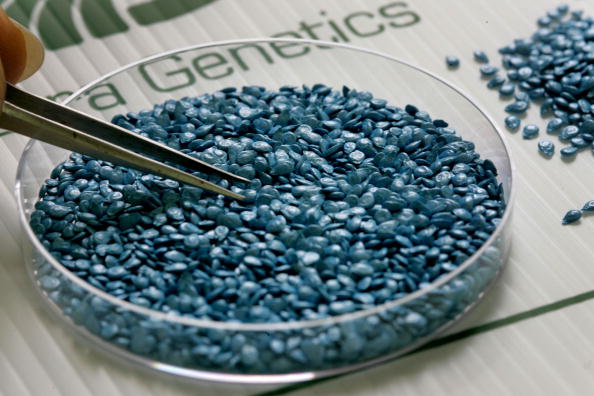-
Tips for becoming a good boxer - November 6, 2020
-
7 expert tips for making your hens night a memorable one - November 6, 2020
-
5 reasons to host your Christmas party on a cruise boat - November 6, 2020
-
What to do when you’re charged with a crime - November 6, 2020
-
Should you get one or multiple dogs? Here’s all you need to know - November 3, 2020
-
A Guide: How to Build Your Very Own Magic Mirror - February 14, 2019
-
Our Top Inspirational Baseball Stars - November 24, 2018
-
Five Tech Tools That Will Help You Turn Your Blog into a Business - November 24, 2018
-
How to Indulge on Vacation without Expanding Your Waist - November 9, 2018
-
5 Strategies for Businesses to Appeal to Today’s Increasingly Mobile-Crazed Customers - November 9, 2018
Senate effort to block food labeling of modified food stalls
It would also block Maine’s law, which requires labeling if enough other states sign on to the idea. Food processors could choose among four options: stating “genetically engineered” in parentheses next to an ingredient; identifying GMO ingredients with an asterisk and explaining that asterisk at the bottom of the ingredients list; applying a statement at the end of the ingredient list saying the product was “produced with genetic engineering”; or using a symbol on the label, designed by USDA, to disclose the presence of GMOs. Those who supported the bill argued that it will be costly for food producers to deal with either a myriad of different state labeling laws or a simpler nationwide labeling system – and that consumers will suffer as a result. Congressional Republicans have opposed a patchwork of state laws and worked to find a solution on the issue before Vermont’s law kicks in.
Advertisement
Many legislators and experts remain unconvinced that the bill, even in its revised state, will have the Democratic support it needs to pass. Roberts told reporters that the bill has “a sound science argument on our side”, reports Politico.
Over the last three election cycles, Big Food and Ag businesses and organizations have donated more than $2.5 million to members of the Senate Agriculture Committee and over $8.5 million to Senate candidates overall, a new analysis by EWG shows. The food industry says about 75 percent to 80 percent of foods contain genetically modified ingredients.
If too few food companies provide information on GMOs, the bill would allow the U.S. Department of Agriculture to eventually decide whether to mandate it. “And they have the right to know”.
Stabenow said this morning that Roberts wouldn’t get the necessary 60 votes, but she she said hope a deal could be struck “yet this week”. She said she agrees that GMOs are safe, but “a growing number of American consumers want to know more about the food they eat”.
Advertisement
Stay on topic – This helps keep the thread focused on the discussion at hand.





























